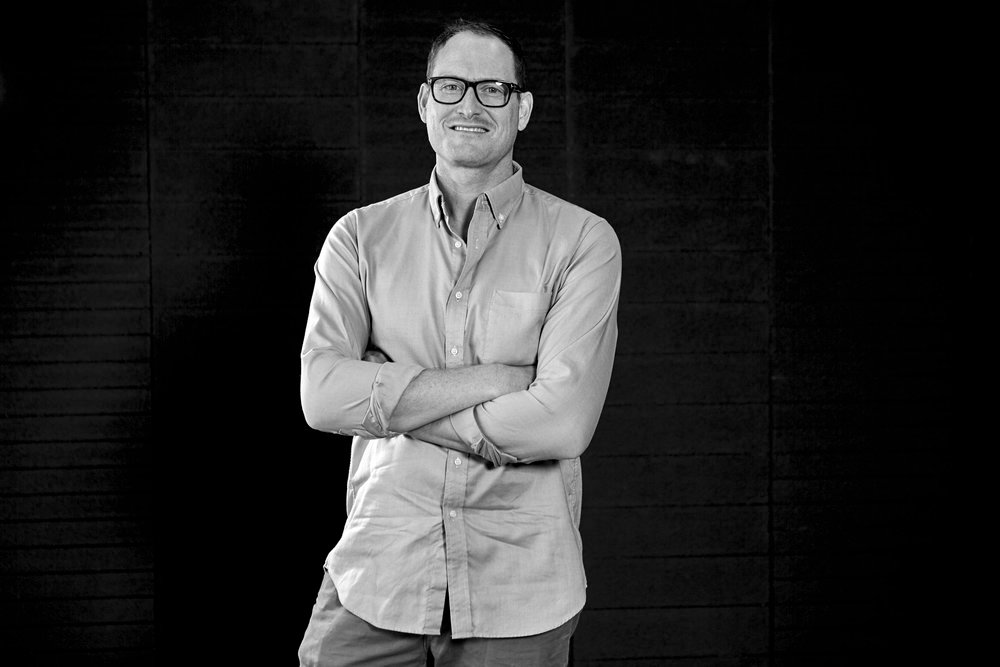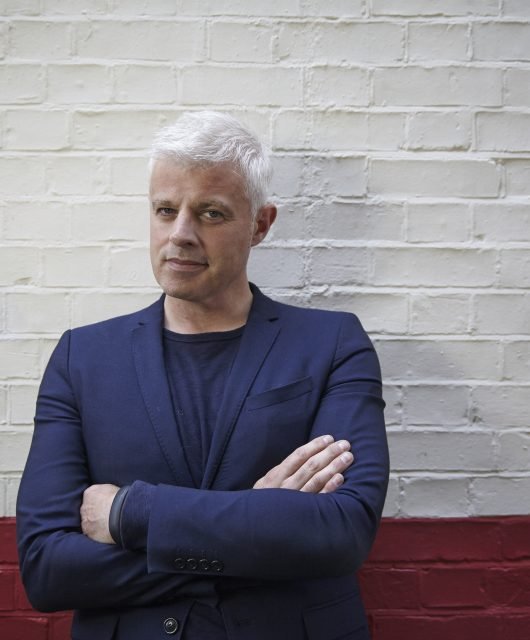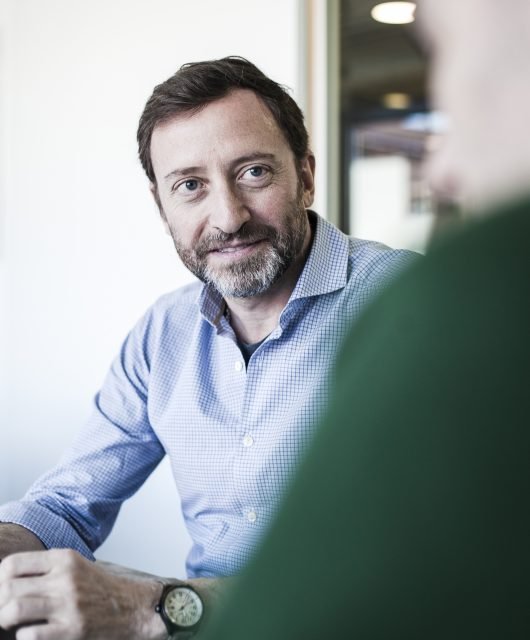One On One With: Anthony Moss, Executive Creative Director of DDB Melbourne
COVID-19 pandemic has profoundly impacted the whole world in an unprecedented way, reshuffling the brand-consumer relationship, once and for all.

We’ve exclusively interviewed Anthony Moss, Executive Creative Director of DDB Melbourne, on his take on this!
BB: Let’s get straight to the centerstage target of any communications activity, the consumer. How do you imagine the post COVID-19 consumer to look like, behave like and shop like ? How can brands catch up ?
AM: Until COVID is a thing of the past, consumers will augment their shopping behavior to minimize their risk and exposure to the virus. This means avoiding overcrowded areas like shopping malls, and choosing to spend more of their money either online or with retailers who put customer safety at the forefront. Here in Australia, even though our COVID response has been good, and we have the virus under control at the moment, many consumers are feeling apprehension about going back to places like the cinema or a shopping mall. It’s up to brands to take all necessary precautions if they do want to earn back customer confidence, or pivot their offering to be more user friendly and available, online and on mobile. We created VW’s first Australian online dealership around this time last year, shortly after the pandemic closed everything. It’s been a life saver for the brand.
BB: How can brands drive creative effectiveness in times of turbulence and uncertainty ?
AM: In times of turbulence and uncertainty, creativity is a fantastic tool for problem solving and finding new ways to reduce friction. The last thing brands should do in times of friction and uncertainty is to go quiet. This is their time to shine, to stand up and to make a difference.
BB: 2021 is a year that started off with a series of global brand revamps; General Motors, Burger King and Pfizer, till now. What’s your take on this ?
AM: A brand revamp means nothing if it’s just a visual update. Consumers have enough going on in their lives to really care that our brand logo’s font change, or you introduced a new colour palette. Only when a brand makes meaningful changes to their organization, their product or their policies, do customers truly sit up and take notice. Like when brands commit to being more sustainable, or sourcing their materials more fairly, or actually hiring more diversely.
BB: One of the crucial touch points where consumers experience a brand is the retail brand experience. How can brand marketers design the next big retail experience in the light of this new normal ?
AM: The retail brand experience can’t be exclusively left to the brick-and-mortar component of the business. It extends to the brand’s online experience too, and that is becoming even more important (and in many cases more popular than an in-person visit). The next big retail experience needs to revolve around customer convenience, speed and shareability. Not only with the shopping experience itself, but all the way through to delivery of the products and the returns process too. The brands who are winning in this area are those that make their products easy to access, quick to deliver and just as easy to return if you’re not completely satisfied.
BB: Now, more than ever, retail brands need to understand their consumers’ drivers, motivations and emotions so they can effectively manage their experiences, the thing that leads to consumer satisfaction. In your opinion, who raised the bar in such a front ?
AM: I recently had tickets booked from Melbourne to Sydney, so I could fly home to visit my family. When a COVID outbreak in Sydney made me reconsider our plans just two days before my flight, I called Virgin to reschedule our tickets. I was prepared for a fight, because the flights weren’t canceled, I just didn’t want to get stuck away from home, or need to quarantine for 2 weeks when we came back. But the airline changed our flights without question, and without penalty. Instead of trying to put a fee on the flight change or go for the short term win, Virgin understood that in uncertain times, their customers need reassurance, flexibility and cooperation. In my opinion this small and simple policy change was a great example of businesses getting it right, and a brand doing what they can to make the customer experience more seamless.
BB: How do you see the rise of digital transformation impacting the global creative industry ?
AM: Digital transformation is something to be embraced and not feared, when it comes to the global creative industry. Mainly because I’m yet to be convinced that a machine can learn creativity. They can learn to react to a certain input, and they can learn to give random outputs, but they can’t learn to be human. And being human takes emotion, insight and deepness of thought. The same three ingredients that are key to a big idea. So until business problems become rational and linear, the global creative industry won’t be negatively impacted by digital transformation.





